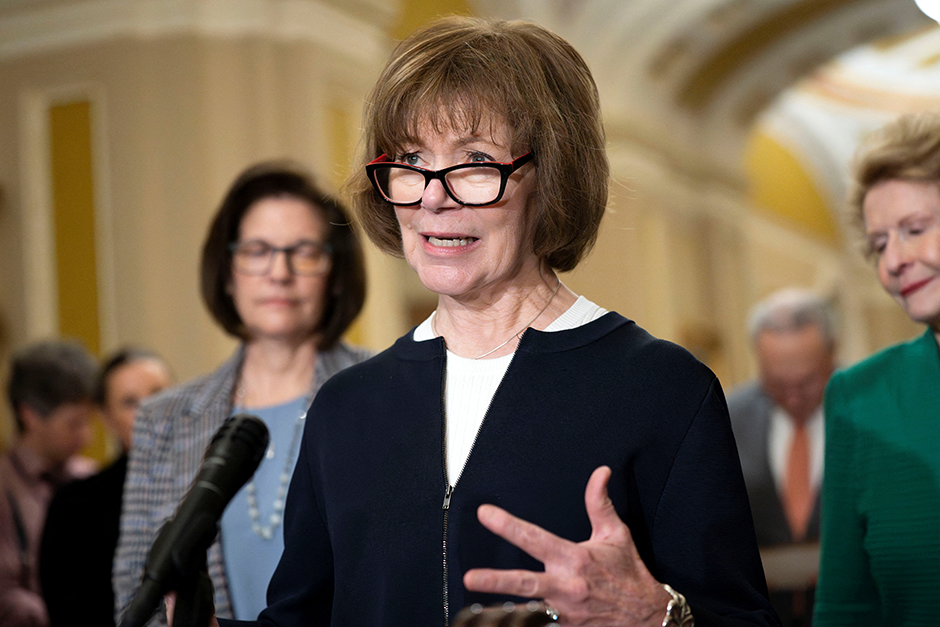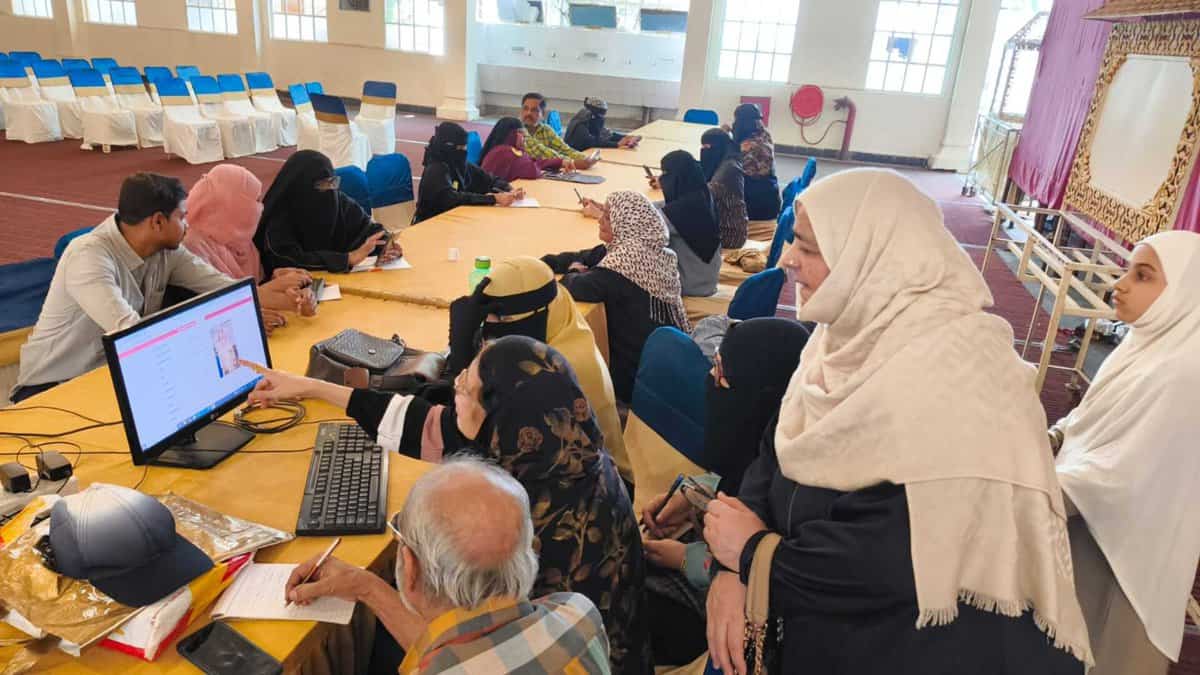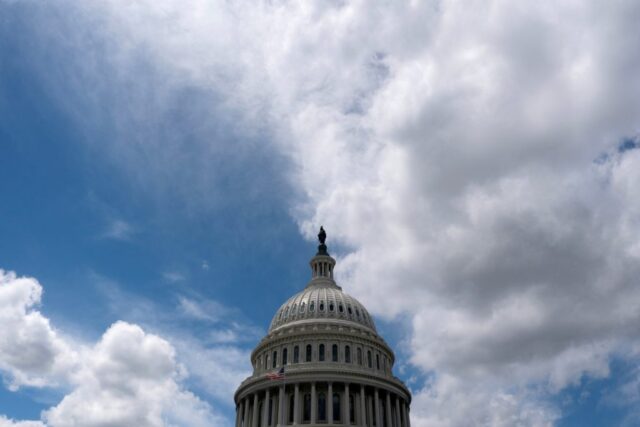Lisa Desjardins:
Well, first of all, this is a first draft. It’s important to know that. But it’s a very important first draft because it sets the direction for this.
We will be talking about it for weeks to come. But I want to look at this tax portion, which may be the largest in U.S. history if it’s passed as it is, and talk about who’s affected in terms of the groups in it by tax cuts.
So, first of all, let’s talk about the biggest groups that are affected, most Americans. This bill would extend the 2017 tax cuts permanently, meaning current rates would stay the same, they would not go up. In addition, there would be a temporary, new, larger deduction that would be in place for four years.
Now, families, they also would benefit. The child tax cut will go up. Again, that is just for four years, and there will be a new $1,000 credit, something we haven’t seen before, for babies born in the next four years that parents could invest.
For workers, Trump’s pledges, no taxes on tips and no taxes on overtime pay, that is in this bill right now, but, again, only for four years. What about his pledge on Social Security? That’s not in here. He is not — they are not blocking taxes on Social Security. Instead, there’s a new deduction for seniors up to $4,000.
Now, at the same time, Republicans are also ending an array of green and climate-related tax incentives that were put in place under Biden. They want those to go.













































